Gardening enthusiasts adamantly tout the long list of benefits include stress reduction and mood improvement. But, why stop there? Could tending to a garden, breathing in fresh air and exposure to Vitamin D sunshine rays help those suffering with depression? The votes are in and experts say “yes.”
The answer lies in the actual antidepressant microorganisms in the soil.
Antidepressant Microbes in the Soil
Mycobacterium vaccae (M. vaccae) in dirt and soil naturally activate the release of serotonin and dopamine in the brain.
Together, these neurotransmitters send chemical messages to the brain: dopamine affects your emotions via sensations of pleasure and pain, while serotonin regulates our mood, social behavior, libido, memory and sleep.
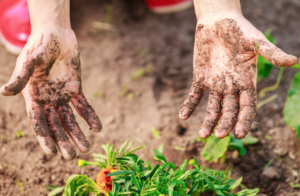
When gardening, these microorganisms absorb into your skin and are inhaled with each breath. Upon entering your bloodstream and respiratory system, they quickly get to work – boosting your mood and subsiding your pain.
According to O’Brien, not only did the vaccae microbial bacteria improve their immune system, but patients also demonstrated a sizeable boost in their happiness, vitality and pain relief.
Study: Soil Organisms and Performed Behaviour
According to a study conducted by neuroscientists Dorothy Matthews and Susan Jenks, published in the Behavioural Processes Journal, “eating, touching and breathing a soil organism may be tied to the development of our immune system and nervous system.” Continue reading

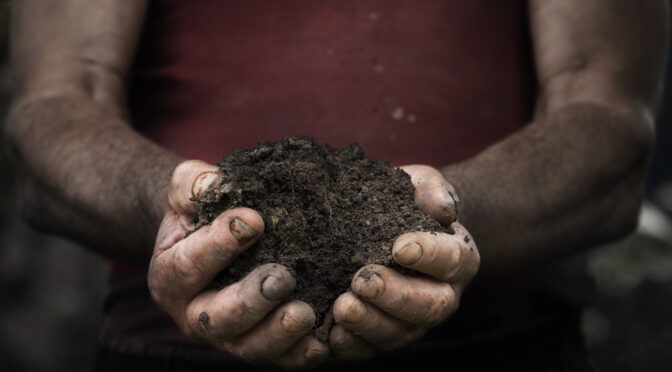

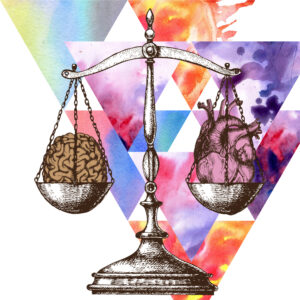

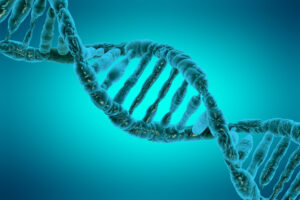
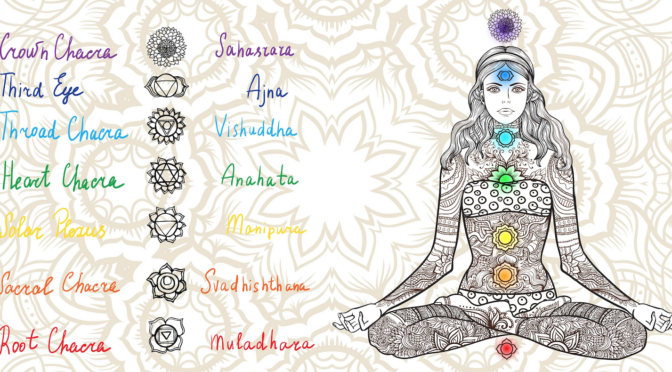
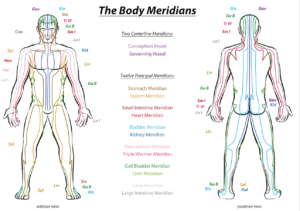 Sore throat
Sore throat
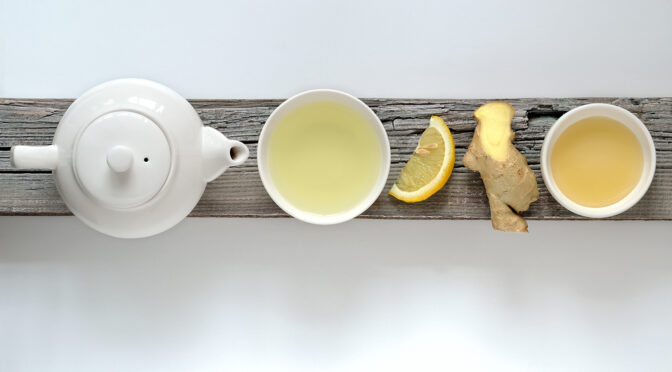
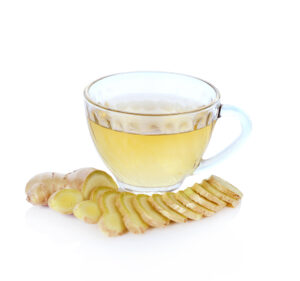
 One of ginger’s most well known healing attributes is its use in the treatment of nausea. For those who develop a queasy sensation whenever you get into a car or ride in a boat, ginger can be your saving grace. In fact, it can be of great help to anyone who feels nauseous for any reason- even if motion sickness isn’t to blame.
One of ginger’s most well known healing attributes is its use in the treatment of nausea. For those who develop a queasy sensation whenever you get into a car or ride in a boat, ginger can be your saving grace. In fact, it can be of great help to anyone who feels nauseous for any reason- even if motion sickness isn’t to blame.